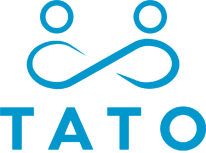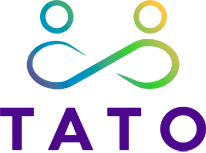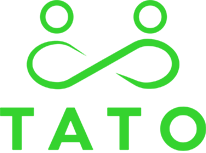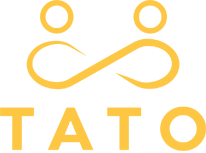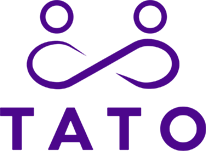Clinical Training in Transactional Analysis
The Diploma in Transactional Analysis level course is made up of a year in the Foundation Certificate (120 hrs) followed by a further 2 years’ psychotherapy training (240 hrs). Students can apply for the UKATA Diploma in TA* at the conclusion of this 3 year programme. This can also lead to BACP accreditation. Training takes place roughly one weekend per month over the academic year.
Following on from year 3, students can choose to complete an additional fourth year (120 hrs) which meets the teaching requirements for the CTA qualification. This fourth year also takes place over 10 weekends during the year. On completion of year 4, students can join the Advanced Training Group and Exam Preparation Group whilst building up the required supervision, practice and therapy hours to apply for the Certificate in Transactional Analysis qualification*. The CTA is conferred by EATA the European Association for Transactional Analysis which leads to UKCP registration.
*Subject to requirements
Overview
Training to work as a psychotherapist or counsellor involves a programme of development that includes:
- the development of personal philosophy and values
- the acquisition of academic and theoretical knowledge
- development of skills and personal awareness.
Training in this way is individual to each student and each person’s journey is unique. Our psychotherapy training involves a multitude of different experiences to facilitate this learning. These include theory teaching, tutorials, skills practice, group process, personal therapy, supervision and clinical and mental health placements.
Philosophy and Ethos
We offer a training experience that is exciting, lively, liberating and well structured. At the heart of our philosophy are autonomy, ethics, creativity and critical thinking, which are the qualities we think make a competent and effective psychotherapists. We facilitate learning through attention to clear learning contracts and boundaries. We also explore the dynamics of the group and an encourage an atmosphere of self-discovery and exploration.
Our learning philosophy is based on the core idea in TA that people can think for themselves. This translates into the idea that adults learn most effectively in an environment of mutual curiosity, exploration, open communication and transparency, where the whole group attends to group dynamics, process and relationship and these are central to learning.
Relationships are a key part of our learning and philosophy and are based on co-creative learning offering contracted availability and choice with collegiate, supportive relationships that are generous and equitable.
We therefore see learning as both professional and personal with mutual responsibility for goals and process.
We therefore see learning as both professional and personal with mutual responsibility for goals and process.
We believe in:
- The importance of the therapeutic relationship as the medium for change
- A spiritual dimension to an individual’s life and problems, the self-healing capacity of the individual and the individual’s sovereignty and responsibility
- The importance of political awareness and an understanding of the individual’s experience, personal beliefs and values in the problems of living.
For more detailed information on the Foundation Certificate and Clinical Training Programme – see our course handbook.
Bursaries and Funding
Bursaries offering a reduction in fees by up to 50% are available for students on the Clincial Training programme through application by letter to the Directors and at the Directors’ discretion. Please email us for further information.
What next?
Following on from the Clinical Training programme above, we offer two additional online groups; the Advanced Training Group (for those wanting training support but not yet getting ready for CTA Exam) taking place on 8 days during the year and an online Exam Preparation Group for the CTA exam. Both are agenda driven groups. The Exam Prep Group meets on 10 days per year where the focus is on the CTA written exam and preparing for the oral exam.
